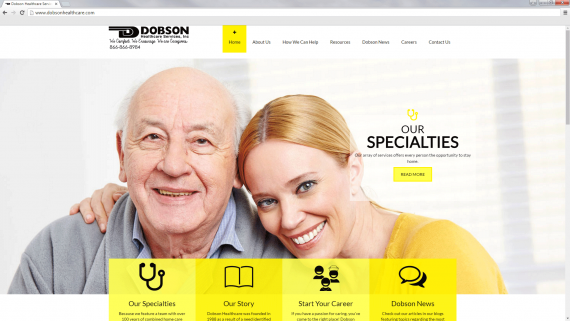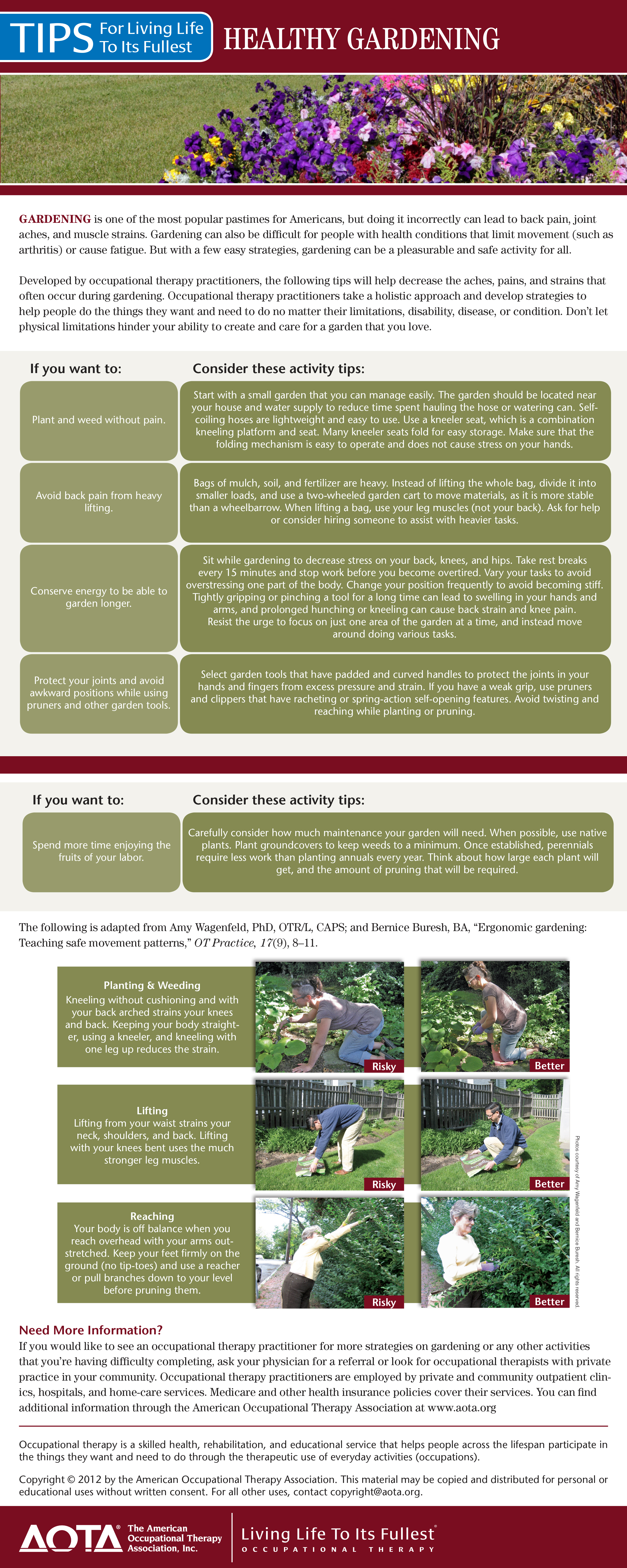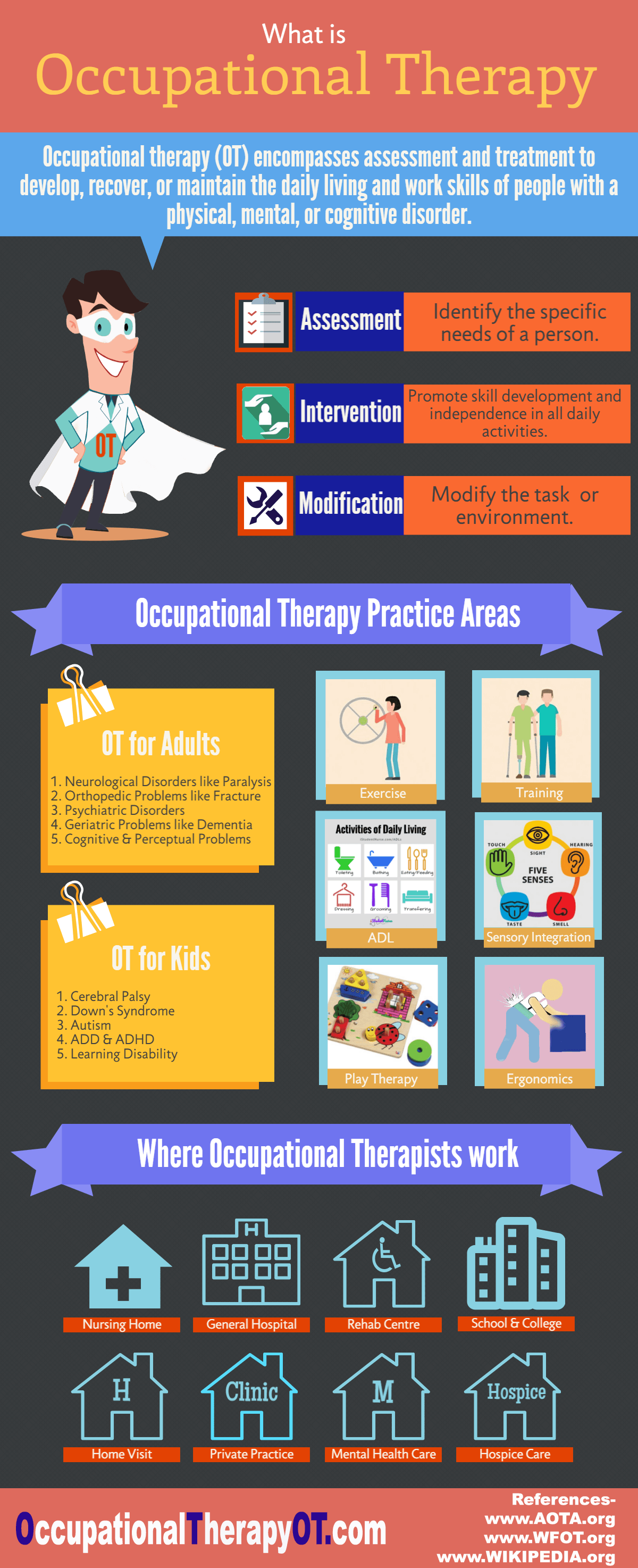We come into contact with germs every day. According¹ to Philip Tierno, Director of Clinical Microbiology and Immunology at NYU and author of “The Secret Life of Germs,” 60,000 types of germs to be exact. They are on gas pumps, shopping carts, cell phones, elevator buttons, and the list goes on. Being in the healthcare industry, it is not only important for our staff to practice proper hand hygiene before assisting our clients but it is also important that we share these techniques to the public to help prevent the spread of infections and diseases. Below you will find tips to improve your hand hygiene techniques.
First, what exactly is Hand Hygiene?
According to the Centers for Disease Control and Prevention (CDC)²,
“Hand Hygiene means cleaning your hands by using either handwashing (washing hands with soap and water), antiseptic hand wash, antiseptic hand rub (i.e. alcohol-based hand sanitizer including foam or gel), or surgical hand antisepsis.”
When should you perform Hand Hygiene?
The CDC suggests you should clean your hands4:
- Before eating
- Before and after having direct contact with a patient’s intact skin (taking a pulse or blood pressure, performing physical examinations, lifting the patient in bed)
- After contact with blood, body fluids or excretions, mucous membranes, non-intact skin, or wound dressings
- After contact with inanimate objects (including medical equipment) in the immediate vicinity of the patient
- If hands will be moving from a contaminated-body site to a clean-body site during patient care
- After glove removal
- After using a restroom
If you hands are not visibly dirty, cleaning your hands with an alcohol-based hand sanitizer is the preferred method. When your hands are visibly dirty with blood or other body fluids or after using the toilet, you should wash your hands with soap and water. With both methods, the duration of time for rubbing your hands clean is at least 15 seconds. The image below shows the technique for washing your hands. These hand motions can be applied to when using the hand sanitizer method as well as the soap and water method. Note: with the soap and water technique, you should dry your hands thoroughly with a towel and use that towel to turn off the faucet.
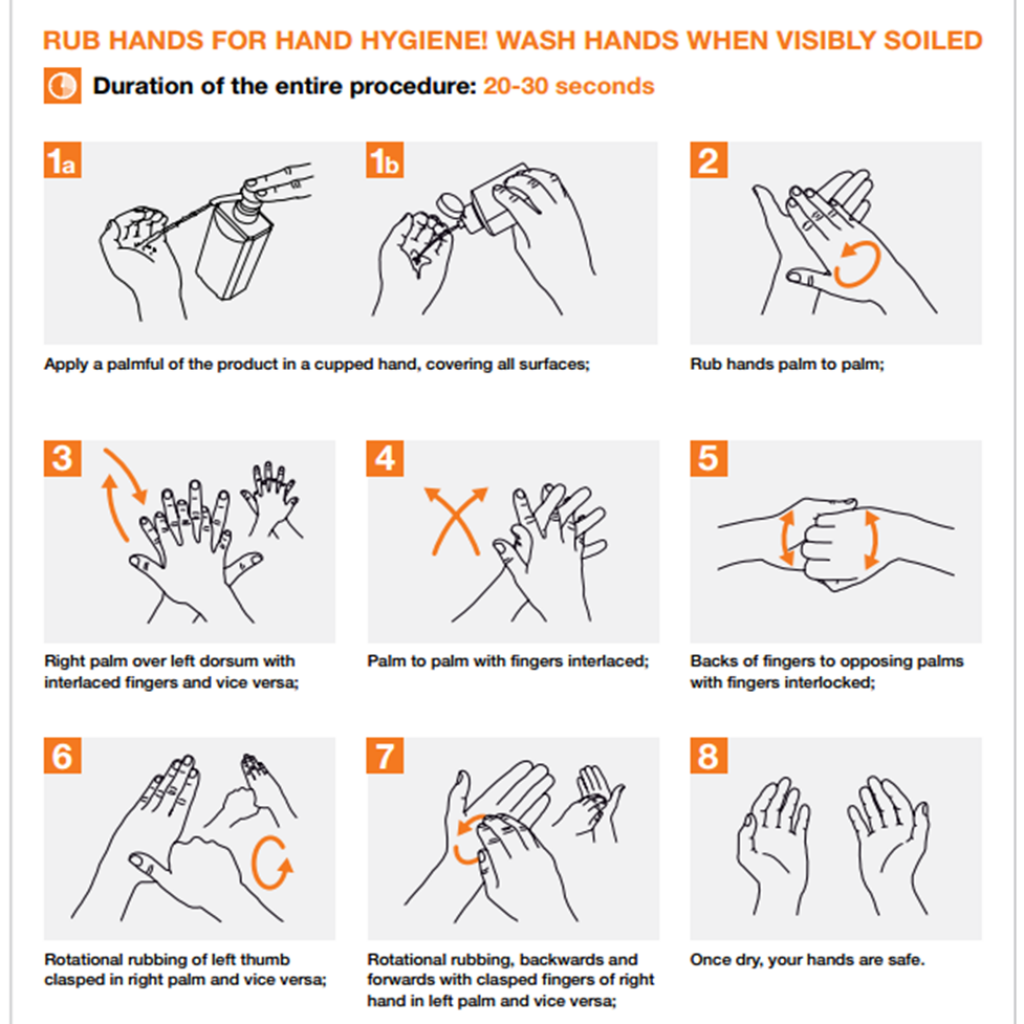
Figure 2: How to Hand Rub. “Hand Hygiene: Why, How & When?,” by World Health Organization, (2009).
What are the “My Five Moments for Hand Hygiene?”
The “My Five Moments for Hand Hygiene” were identified by the World Health Organization (WHO) as five crucial moments when hand hygiene is required during the care of patients. Figure 2 includes illustrations of the My Five Moments for Hand Hygiene. According to the WHO³, the patient zone in a home care setting “…corresponds to the patient (his/her intact skin and clothes) and the home environment, which is contaminated mainly by the patient’s flora. Any care items and transportation containers brought by the [Health Care Worker] HCWs represent the health-care area. The point of care is where the procedure takes place.” Because there are various direct and indirect contact with the patient, proper hand hygiene is imperative.
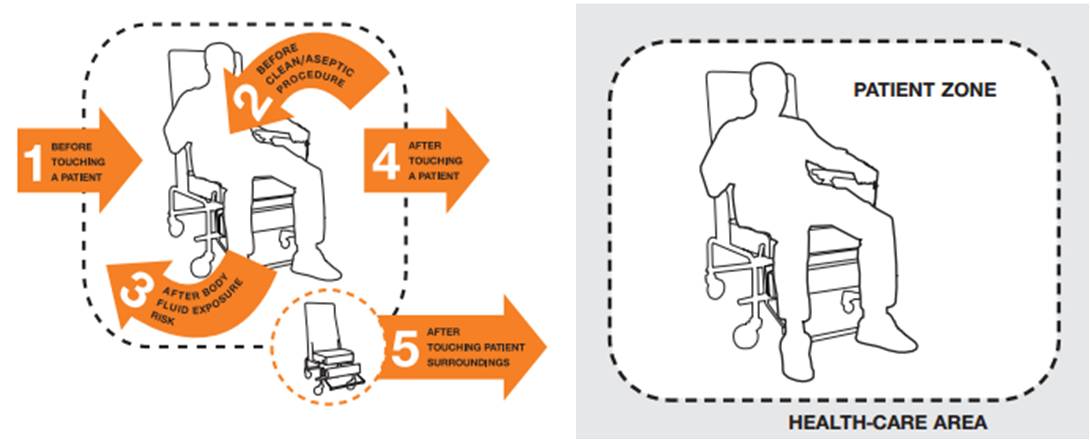
Figure 2: Illustration of the My Five Moments for Hand Hygiene and zone concepts. “Hand Hygiene in Outpatient and Home-based Care and Long-term Care Facilities,” by World Health Organization, (2012).
Want to learn more?
For more resources on Hand Hygiene, visit the following sites:
http://www.cdc.gov/handhygiene/providers/index.html
http://www.who.int/gpsc/5may/en/
¹ Brownstein J., Chitale R. (2008, Spetember 5). “10 Germy Surfaces You Touch Every Day.” Retrieved May 2, 2016 from http://abcnews.go.com/Health/ColdandFluNews/story?id=5727571&page=1
² The Centers for Disease and Prevention. (2016, March 15). “Clean Hands Count for Healthcare Providers.” Retrieved May 2, 2016 from http://www.cdc.gov/handhygiene/providers/index.html
³ World Health Organization (2012). “Hand Hygiene in Outpatient and Home-based Care and Long-term Care Facilities.” Retrieved May 2, 2016 from http://apps.who.int/iris/bitstream/10665/78060/1/9789241503372_eng.pdf?ua=1
4 World Health Organization (2009). “Hand Hygiene: Why, How & When?” Retrieved May 2, 2016 from http://www.who.int/gpsc/5may/Hand_Hygiene_Why_How_and_When_Brochure.pdf?ua=1
How much do you know about strokes? For all awareness levels, this is a great introductory video for National Stroke Awareness Month!
<iframe width=”560″ height=”315″ src=”https://www.youtube.com/embed/nxwu9z1bhU0″ frameborder=”0″ allowfullscreen></iframe>
Source: National Stroke Association (2016, April 9). National Stroke Awareness Month: Are You StreetSmart About Stroke? Retrieved May 4, 2016 from www.stroke.org
BAY CITY, MI, Apr. 26, 2016- Dobson Healthcare Services, Inc. is hosting a Recruitment Open House on Tuesday, May 3, from 9:00 a.m. to 3:00 p.m. at the Bay City Corporate Office located on 3741 Wilder Road, Bay City, MI 48706.
The goal of the Recruitment Open House is to fill open caregiver positions including but not limited to Home Health Aides (HHAs), Certified Nursing Assistants, and Registered Nurses. These openings are throughout the Great Lakes Bay Region. Attendees to the event will be able to speak with the Recruitment and Scheduling Team at Dobson Healthcare and participate in on-the-spot interviews.
The Recruitment Open House is open to the public and walk-ins are welcomed. Before attending on Tuesday, however, applications for employment are suggested to be completed online and a call made to the Recruitment and Scheduling Team to schedule an appointment. “Before the Open House, we’re encouraging those interested to visit our website and submit an online application,” said Barbara Reynolds, Human Resources Director for Dobson Healthcare. “Submitting an application prior to the event allows us to schedule interviews and make them a priority at the open house.” The application can be found at http://www.dobsonhealthcare.com/careers/.
In addition to being one of the highest paying home healthcare agencies, Dobson Healthcare offers caregivers opportunities to earn Holiday and Service Bonuses as well as flexibility with their schedules.
Founded in 1988, Dobson Healthcare Services, Inc. has over 100 years of combined experience in the Private Duty Home Care industry. Clients of all ages, from pediatric to geriatric, who benefit from services generally include individuals with Spinal Cord Injuries, Traumatic Brain Injury survivors, individuals requiring Infusion Therapy, ventilator/trache dependents, veterans with qualifying benefits, and individuals requiring wound care.
For more information on the Recruitment Open House hosted by Dobson Healthcare, please visit www.dosbonhealthcare.com or contact the Recruitment and Scheduling Team at 866-866-8984 or by email at jobs@dobsonhealthcare.com.
We are excited to officially announce the launch of our newly designed website! The update included showcasing our Dobson yellows, adding new functions, improving the content and readability of our service pages, and more. The updated site can be found at the same URL: www.dobsonhealthcare.com.
As a leader in the Private Duty Home Care industry, it was important to us to utilize current technology and create a modern website that has an inviting look for our visitors. Our main goal with this new layout is to provide visitors an easier way to learn about Dobson Healthcare’s services. Now, the website is organized in a way that is more user-friendly and promotes easier access to all information you may need about Dobson, helping you make an informed decision about home care. Furthermore we wished to create a site that would be considered a resource for home care education and support. Current and prospective clients, caregivers, and referral sources will find useful information about our services, industry resources, and healthcare trends throughout the site.
In addition, the website has new features including special links to Thrive (our online newsletter), our Service Overview flipbook, and various social media outlets. We will be consistently updating our content to provide helpful information, company announcements, articles, and more in our Dobson Happenings and Home Care News blogs.
We wish to thank our staff as well as Cosens Web Consulting for their hard work and dedication to put this website together.
We encourage you to visit and explore the redesigned website. For any questions, feedback, or comments please email us.
Thank you!
Alison Jarabeck
Marketing Communications Associate
Pawar, D. (2016, January 13). “What is Occupational Therapy (OT).” Retrieved April 19, 2016 from www.occupationaltherapyot.com
“YOU NEED TO FIND A CASE MANAGER”, says the nurse, social worker or discharge planner. As reality begins to “hit you between the eyes” following the brain injury of a loved one, many terms will be “thrown at you” and often you, the survivor are so overwhelmed that even the decision of when to take your next breath, seems difficult. For the next few months, I will attempt to assist you in understanding some of various words and phrases you will hear through this sometimes difficult journey.
Let’s start with the term CASE MANAGER:
A case manager is a health care professional, typically a nurse, rehab counselor or a social worker whose job is to manage your loved ones health care services and advocate (be the voice of) their client, your loved one. Their goals for their clients include but are not limited to:
1. Help their clients enjoy the highest quality of life possible
2. Maximize the use of available benefits, resources and services
3. Assist them to live as independently as possible and smoothly help to integrate them back into the community when able
Case managers do these things to assist their clients to recover to the best of their ability. It is the case manager’s responsibility to achieve these goals in a cost-effective way assuring the health and safety of your loved one. In short, you and your case manager have the same goals. A good case manager has the knowledge, skills and experience to accomplish these goals. Case management typically should start within weeks of the injury but, it can begin and end at any time throughout the lifelong recovery process.
The big question for all survivors is Where do I find one? How do I find one? Contact your state brain injury association or the Brain Injury Association of America for names of local case managers, check your yellow pages under rehabilitation, google “case managers” in (your town/state), ask health care professionals, pharmacists, your insurance company, etc. When your loved one is in the hospital, an inpatient rehab facility or day rehab program, there will be an “in-house” case manager/social worker who will do your “negotiating” for you. Your health insurance company may provide a case manager to oversee reimbursable medical services but long term, after discharge you may still need a case management advocate on your team.
REMEMBER…YOU ARE THE BOSS! A case manager can and should be interviewed by you just like any member of your loved one’s “team”.
You or your loved one will then become their “employer”. Some things to consider when interviewing a case manager are:
1. Is he/she licensed in her profession?
2. Is he/she a certified brain injury specialist? (CBIS) (not mandatory but very helpful)
3. How long has he/she been representing brain injured victims?
4. How many families has he/she helped?
5. ASK FOR REFERENCES
6. Does he/she sound informed about brain injury?
7. Does he/she seem to understand the issues you are facing?
8. What are the costs?
9. Will you and your loved one feel comfortable working with this person for weeks, months and, possibly, years?
10. How frequently will he/she communicate with you and how? In person, phone, email, and/or fax?
Keep in mind that your case manager works for your loved one. You have the right to “fire” them if you do not feel they are working in your loved ones best interest.
As a side note, look for a support group for TBI families and victims. Ask ICU/CCU nurses, physicians, friends to put you in touch with other families who are experiencing or have experienced the same “journey” you and your loved one are traveling right now. They will be thrilled to help. Again, we can only keep what we have by giving it away and especially for TBI survivors and their families, as they all wish they had the knowledge that only comes from going through the very unfortunate experience that they have.
Source: Successfully Surviving a Brain Injury-A Family Guidebook by Garry Prowe


